Big Questions
Inquiry-Based Learning
Leanne Williams - Learning Specialist Engagement

Big Questions
Inquiry-Based Learning
Leanne Williams - Learning Specialist Engagement
Provocations - what does that mean?
A well-crafted provocation is meant to provoke thoughts, ideas, and actions related to a particular learning inquiry. At EPS our teachers plan provocations to stimulate excitement and engagement in our students and to also push students into the “Learning Pit” of inquiry whereby they are challenged to think deeply and to consider differing perspectives.
Here is an overview of what each talented team presented to their cohort to launch Term 2's Big Questions:
Prep
How does our body work and how do we take care of ourselves?
The Preps engaged in discovery activities and investigations to provoke wonder and curiosity. Tables were set up with various stations such as a doctor’s kit, a human body and internal organs, a food and kitchen area, babies, and body puzzles. There was a buzz in the ELA as our Preps explored, collaborated, asked questions, and shared their thinking.
Students enjoyed exploring foods, explaining “these are the healthy foods, and these are the treats”, and cooking in the kitchen. The large human body inspired much curiosity, with students wondering what the different body parts were, where they went in our body, and using information books to try to reconstruct the body. Students also enjoyed taking on the role of doctor and patient, diagnosing and caring for each other. The babies were another thought-provoking investigation, with students sharing ideas about how we swaddle a baby, how to feed the baby, how we put a baby to sleep in the cot, and talking about who will take care of the baby when someone goes to work.
After spending time exploring, we paused and thought about what connected each of these activities, noting they all relate to our body and staying healthy. Our Big Question for this term was then revealed – ‘How does our body work and how do we take care of ourselves?’ We are really looking forward to learning more about the different parts of our body, finding ways to keep ourselves safe, and answering our many wonderings.
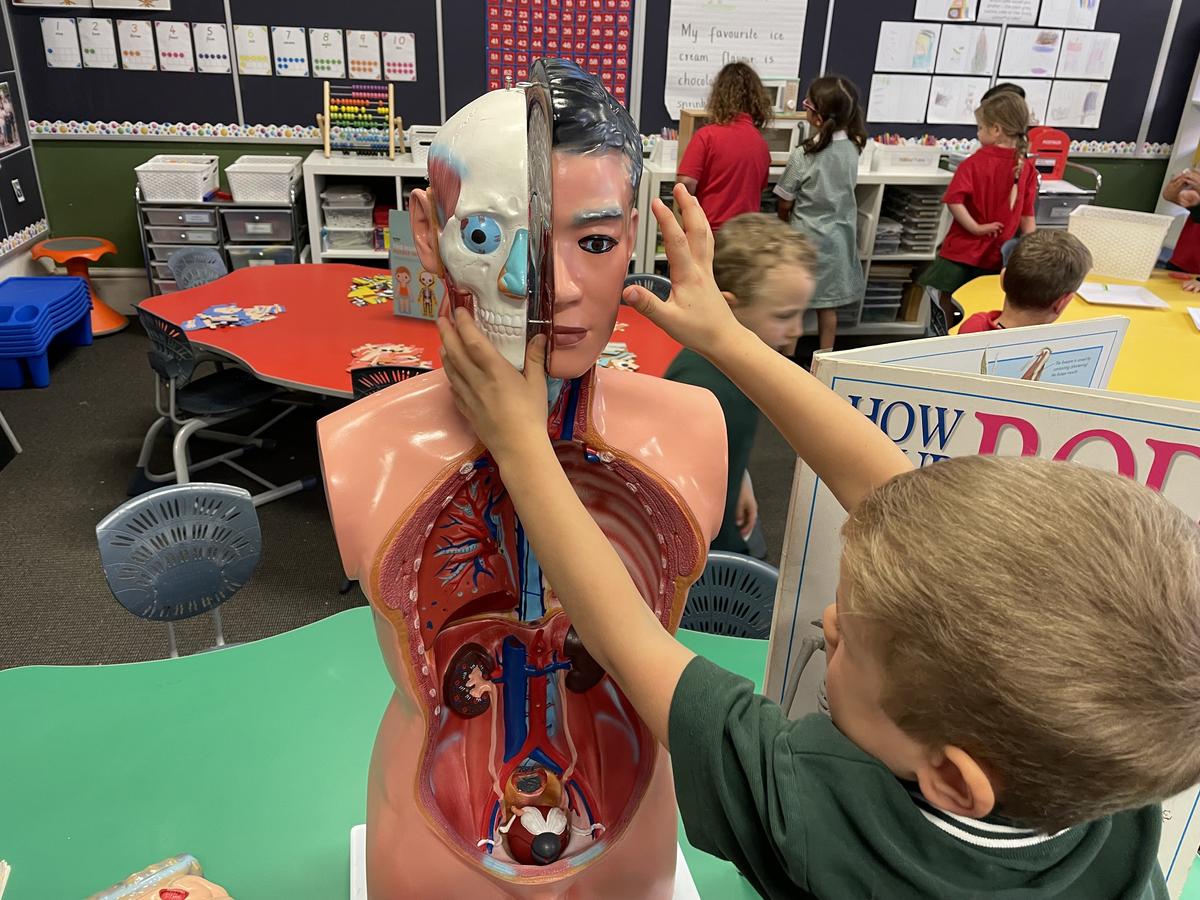
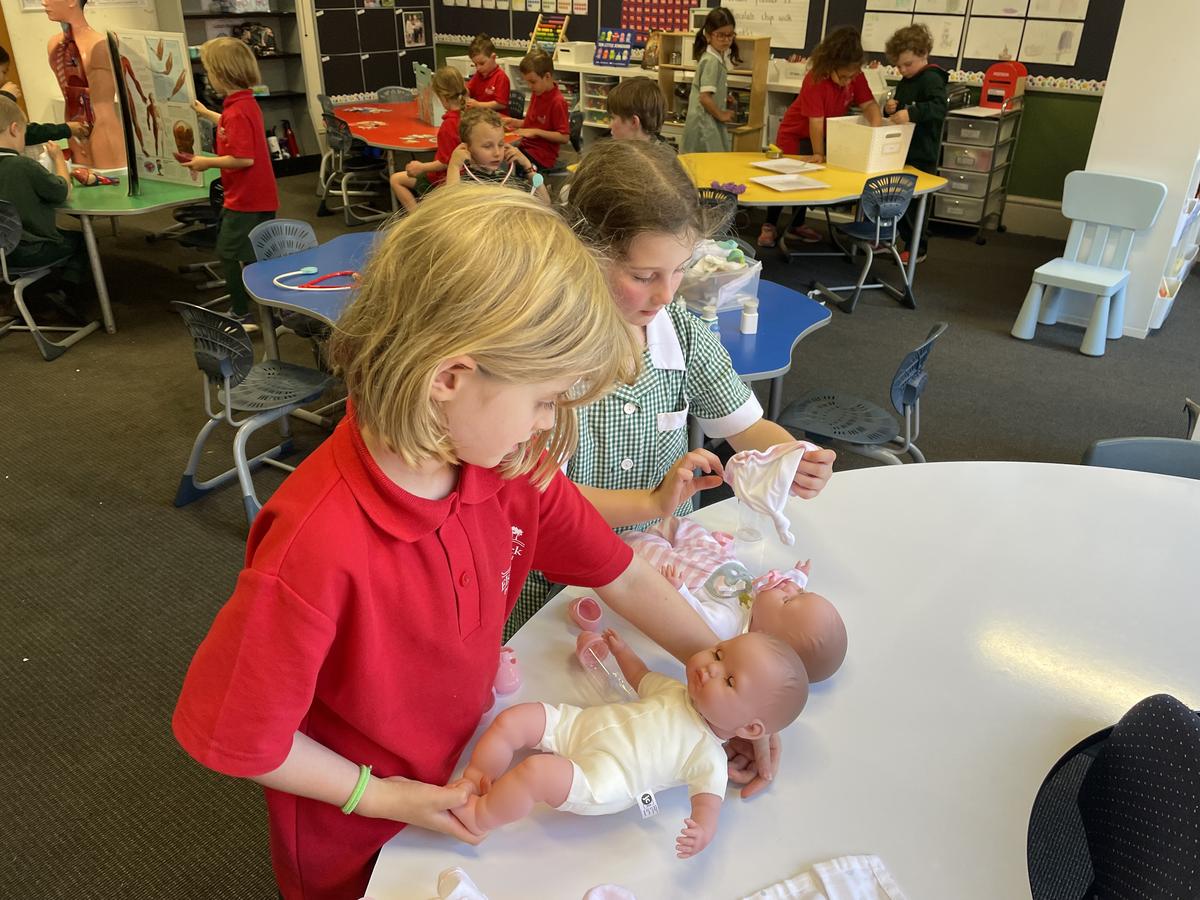
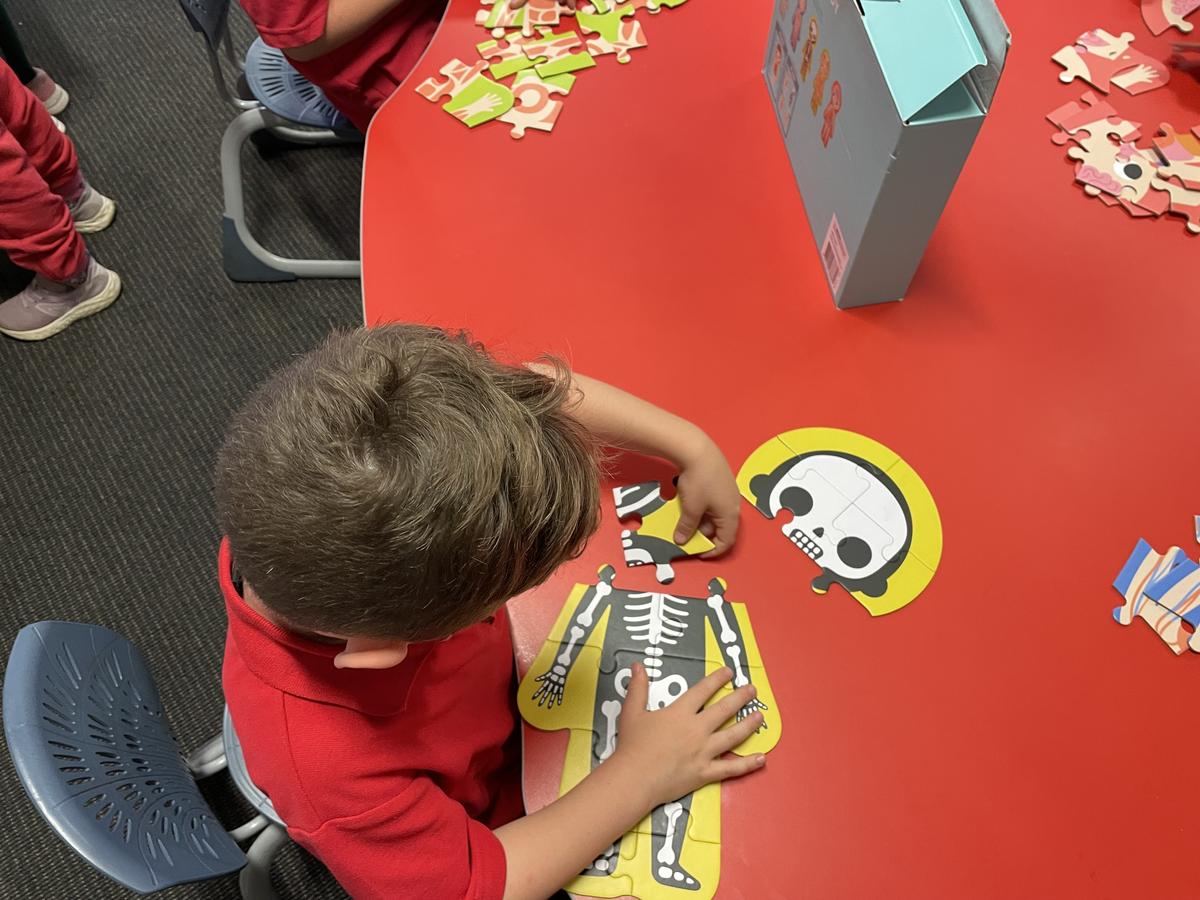
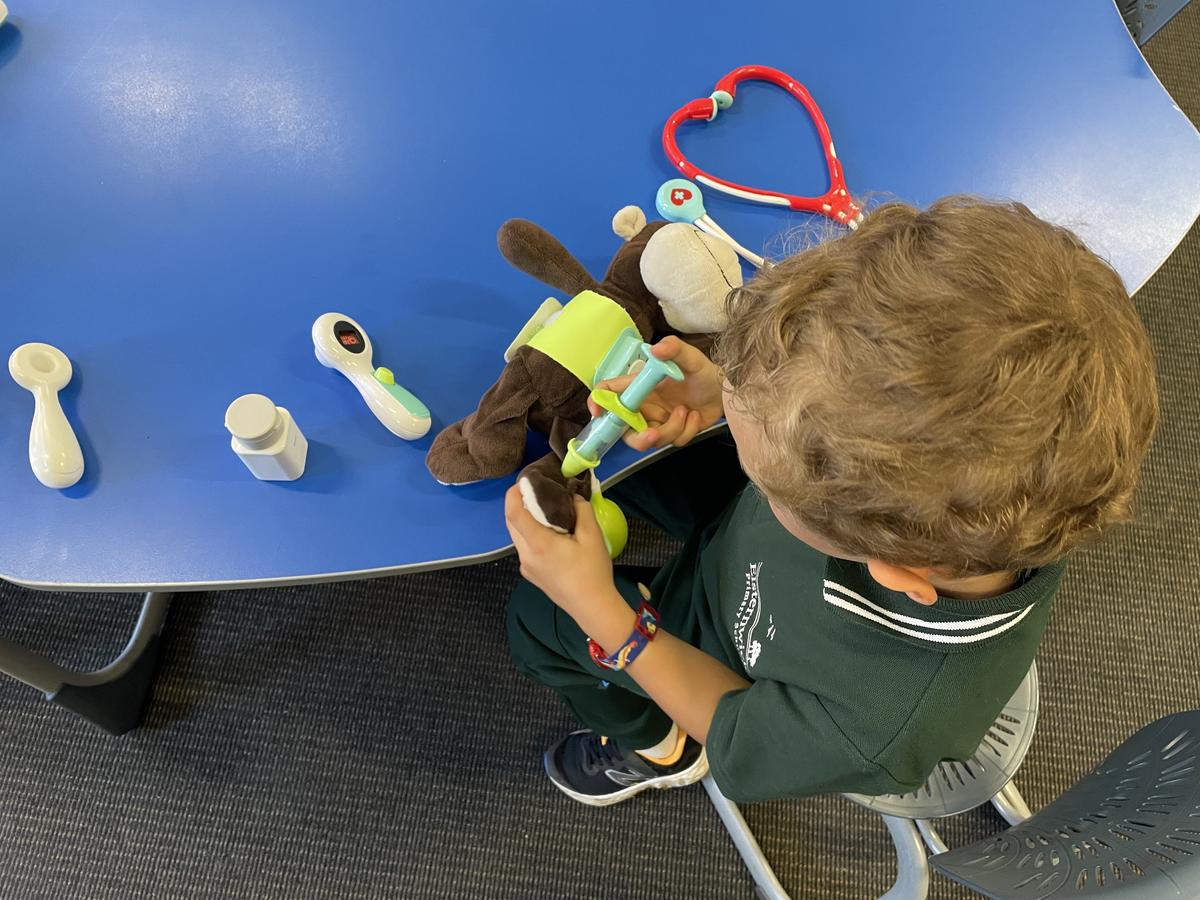
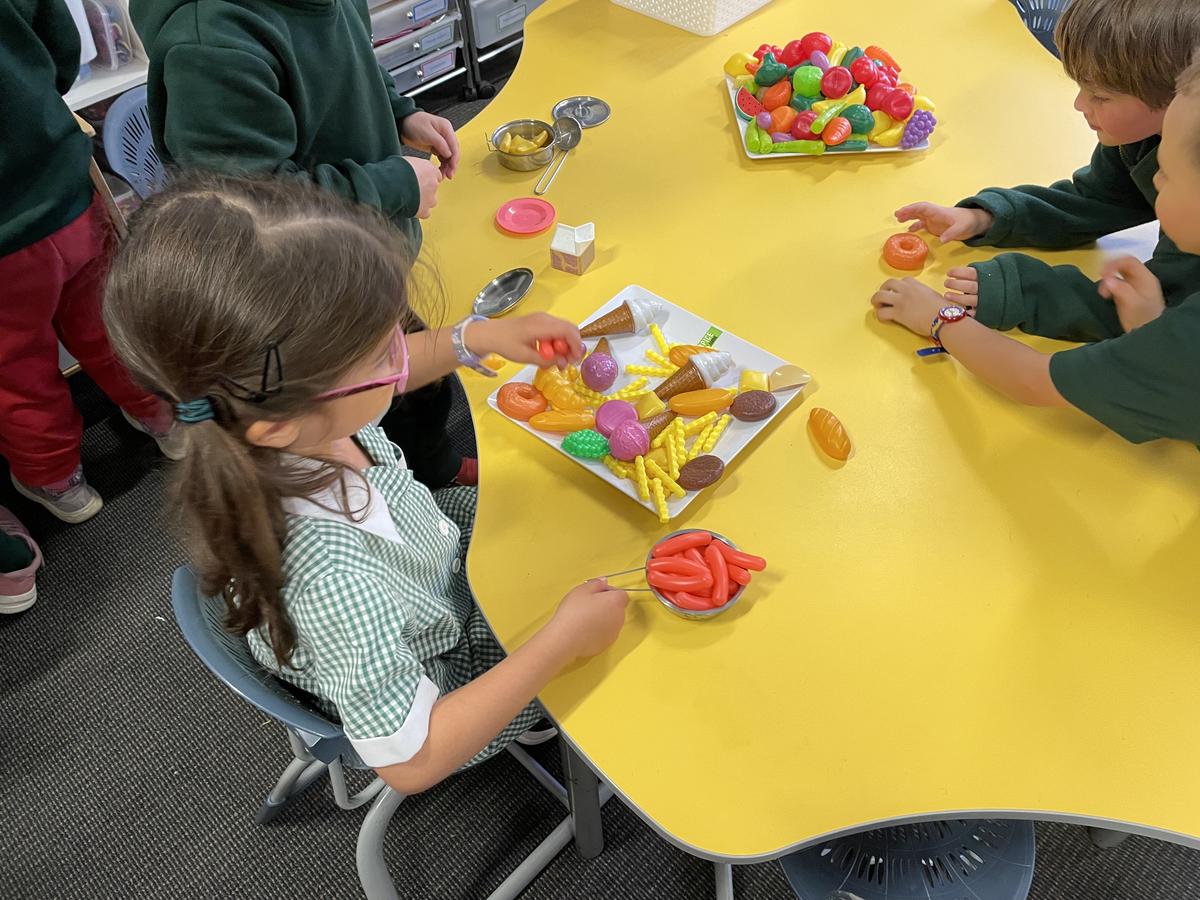





Year 1 and 2
How do we know what happened in the past?
The Year 1s and 2s visited a museum full of artefacts from the past including old telephones, radios, cassette tapes and scales. Students were then encouraged to ask questions and make predictions about the purpose and significance of these objects to help them develop historical thinking skills and a deeper understanding of the past. Exploring artefacts from the past really ignited their curiosity and critical thinking.
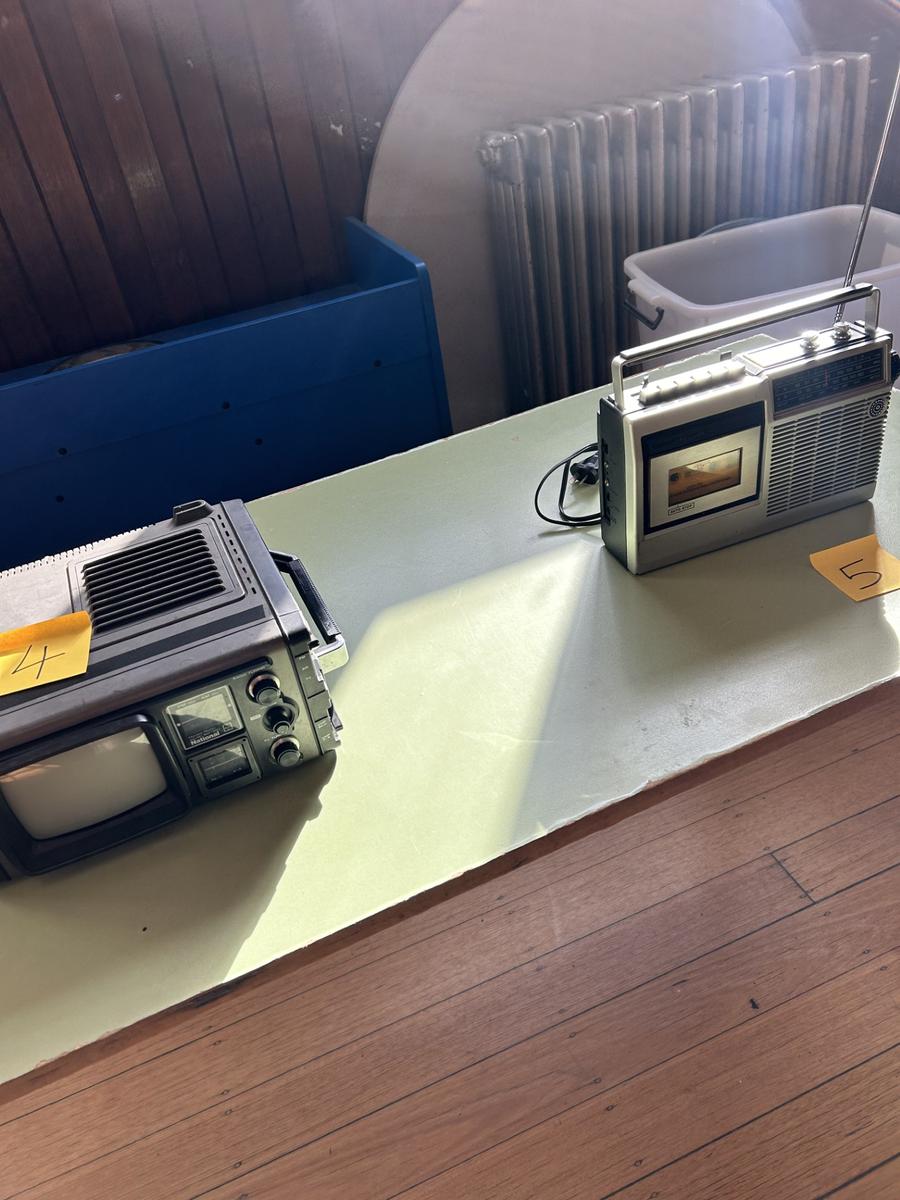
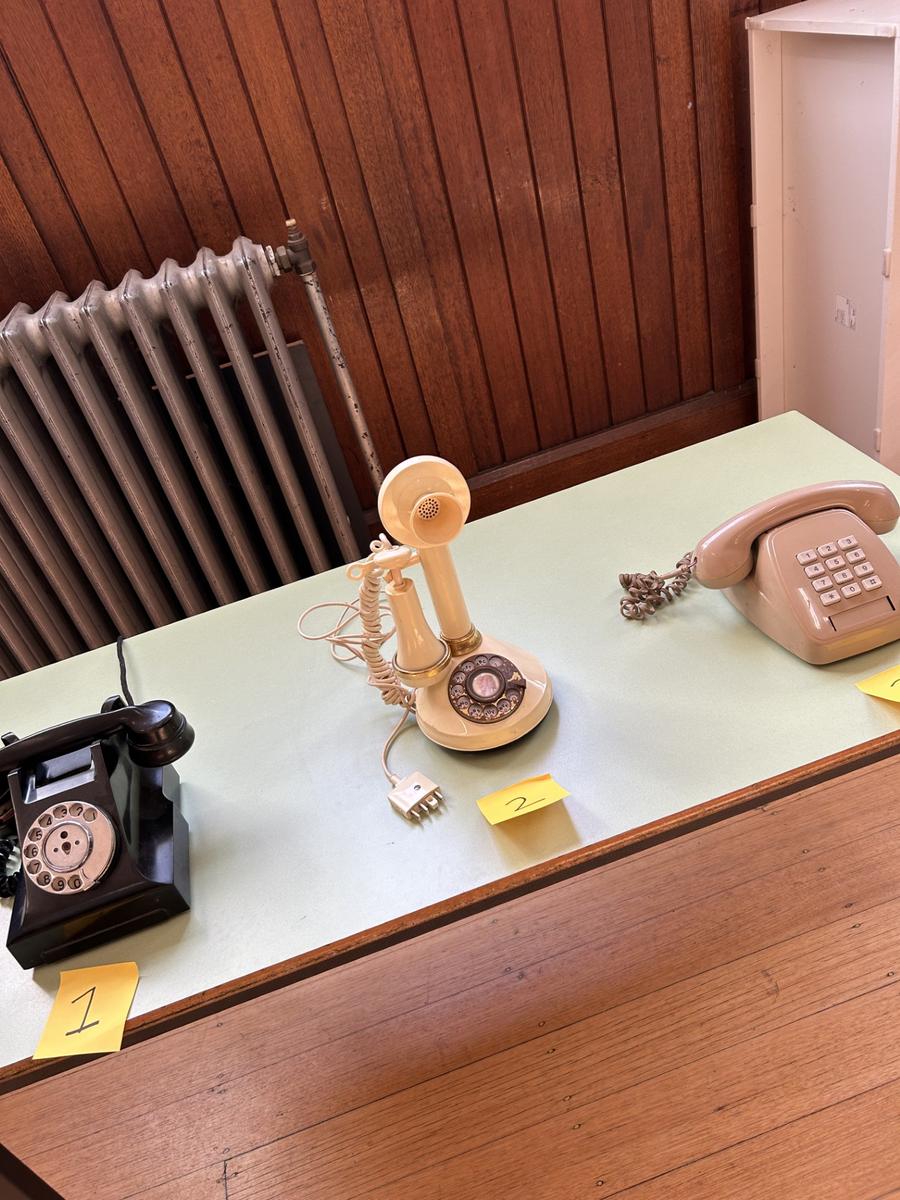
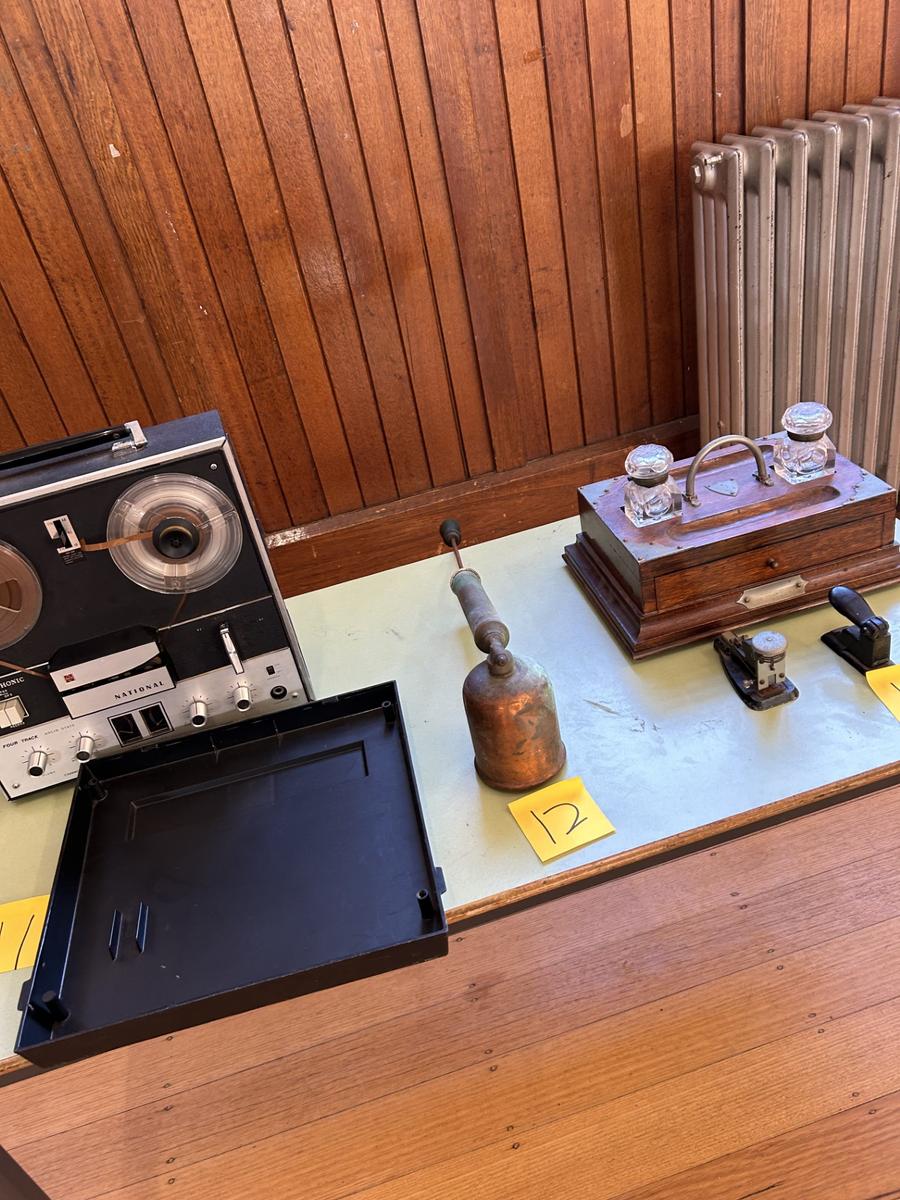
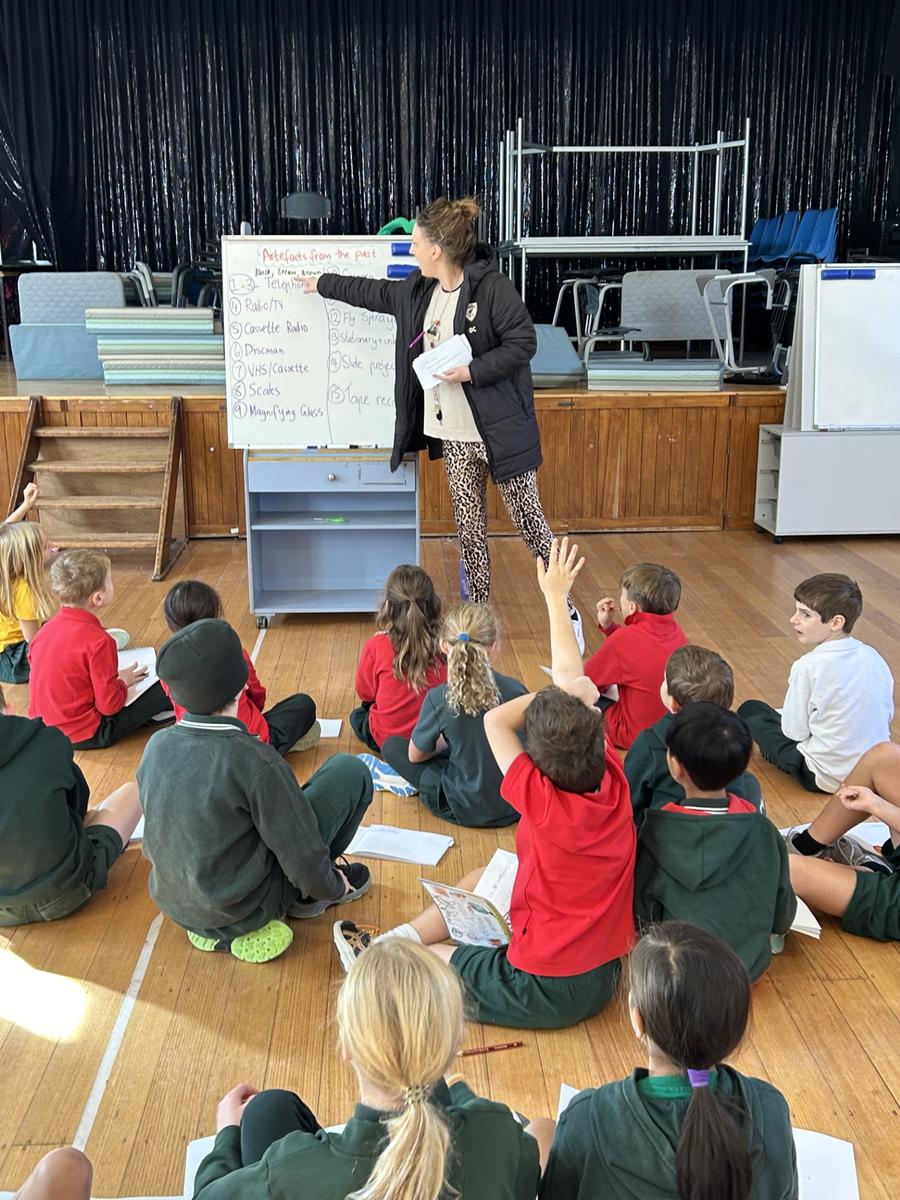




Year 3/4
Because it can occur, should it?
The provocation for Year 3 /4 saw students segregated into other classrooms based on shoe colour, and the teachers pretended to run the class an old-fashioned way. A lot of wonderings and discussion then occurred with a focus on the concept of perspective. During this term the students will be immersed in perspectives of people from the past and recognising different points of view.
Year 5/6
Does where you live make a difference?
Last term the Year 5/6 provocation was the CAB Conference – Whose Responsibility Is It Anyway? What is their responsibility as a leader? There were pictures of different leaders/groups around the room, and students were asked questions such as, who’s responsible for crowd safety? The room was decorated with pictures of Mr Portaro, the King, Christiano Ronaldo, Taylor Swift, Beach Clean Up org, construction workers, firefighters etc. After each question prompt students moved to the person, they thought was responsible.
As always, if you have any expertise related to one of our Big Questions and would like to get involved, send me an email: leanne.williams2@education.vic.gov.au